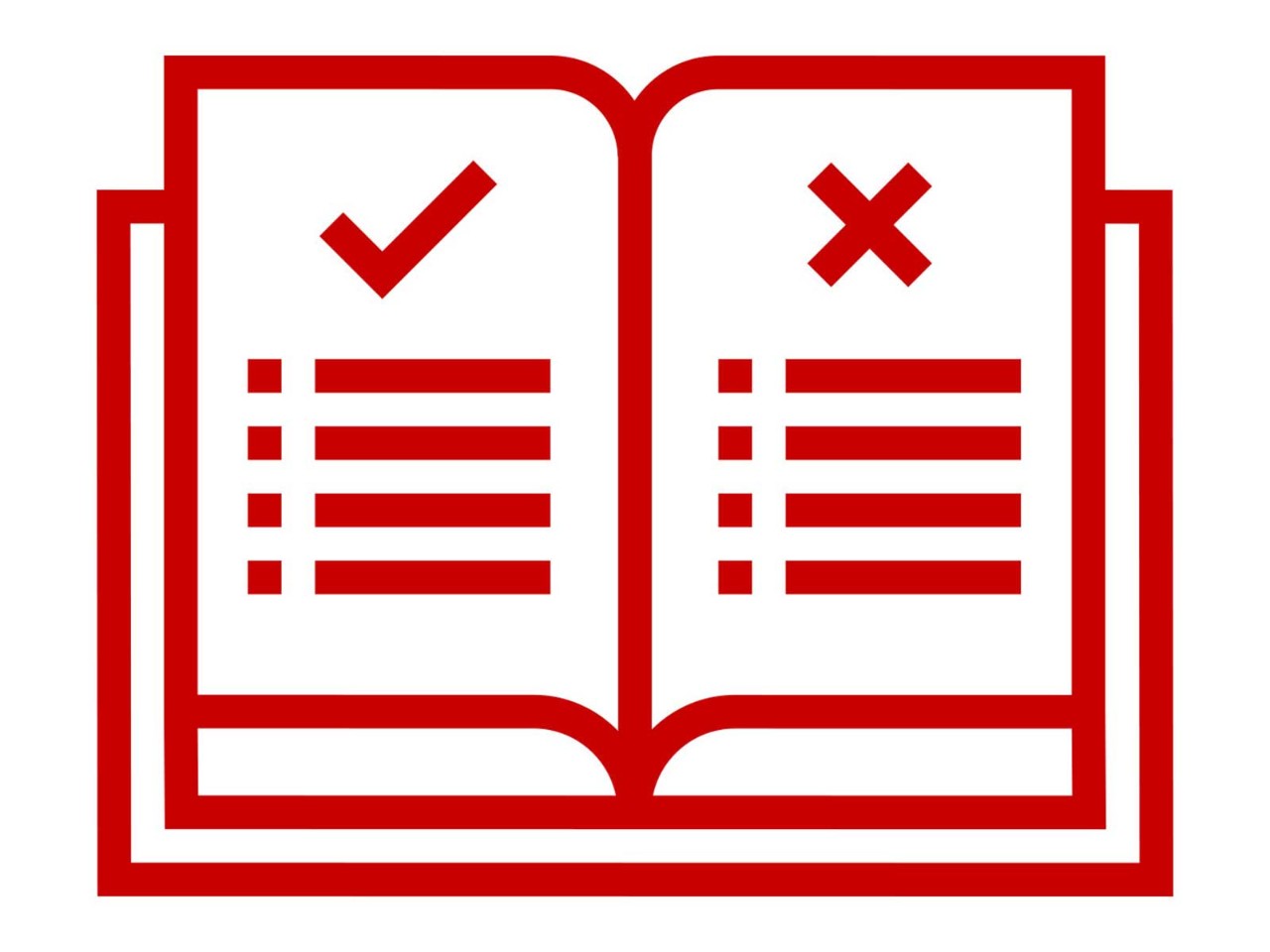
It may have been obscured somewhat by the pandemic, but sustainability – the need to place an organisation’s environmental and societal impact on the same scale as financial viability – remains an urgent focus for businesses of all sizes.
Small and medium-sized businesses and accountancy firms are as critical to the adoption of sustainable business practices – and to meeting worldwide targets such as the UN 2030 Sustainable Development Goals – yet SMEs often struggle to translate intentions into concrete results. A recent ACCA survey found that only 8% of SMEs had set net-zero targets for 2050, and a quarter said they lacked the professional skills required to become sustainable. So what can be done?
‘Accountants should encourage businesses to move from being “less bad” to embracing transformative approaches that help solve global challenges’
A new report by ACCA and CA ANZ sets out the practical steps that SMEs and the professional accountants who advise them can take to embed sustainable practices.
In the introduction to How SMEs can create a more sustainable world: A playbook for accountants in practice and finance teams in small and medium-sized organisations, ACCA and CA ANZ chief executives Helen Brand and Ainslie van Onselen make the point that many SMEs struggling from the impact of the pandemic have not had the time to rethink and reshape their supply chains and business models to take full advantage of sustainability initiatives, nor have they had the necessary financial resources.
They argue that the skills, insights and relationships of trust between SMEs and the practices that advise them are critical to the future of sustainability: ‘We are urging you now to lead initiatives in your own organisations, and for those you advise, to do business sustainably. It’s the right thing to do for future prosperity.’
Areas to consider
While sustainable business practices are critical to tackling climate change, the report strongly argues the business case for sustainable operations in key areas:
- Supply chain. By demonstrating their commitment to sustainable business, SMEs can raise their profile and enhance their ‘social licence’ to operate. Larger organisations will view the business as a low-risk supplier who can positively contribute to the supply chain.
- Cost savings. Water- and energy-efficiency initiatives, recycling and reuse all help to improve resource allocation, streamline operations and boost profitability.
- Value creation. Consumers are increasingly looking for brands that reflect their own values, and environmentally and socially aware products and services. Almost half of New Zealanders say that they have switched to brands that are more sustainable.
- Talent. Potential employees are attracted to employers who are willing to take a stand on social and environmental issues. A purpose-driven business or practice is a more attractive career destination.
- Investment. Investors, funds, capital markets and financial institutions are encouraging – and may eventually require – companies to disclose non-financial risks and demonstrate their commitment to more sustainable business practices.
- Resilience and innovation. ‘The biggest risk is business as usual,’ says the report. Focusing on sustainability leads to better risk management and strategic planning – and a more resilient business.
The report argues that professional accountants are playing a vital role in driving sustainable business practices and supporting their SME clients in the transition through the various stages. Established businesses are mostly working out how to move from thinking about sustainability to embedding it into the business – but they must compete with a legion of start-ups that are positioning themselves from the outset as sustainability-led businesses.
Act now
The playbook urges SMEs and accountancy firms to:
- reshape business models and reimagine the future
- act with urgency on climate change
- identify other critical areas for action – for example, promote diversity and inclusion
- adopt sustainable goals
- instigate, guide and lead change – but start with your own organisation
- collaborate with others
- bring integrity to the process.
Raise ambitions
Professional accountants are essential to driving sustainable business practices because they hold vital information – about the power of sustainability in creating profitable and resilient businesses – and are ideally placed to advise SMEs on the best pathway. Their unique skills, insights and deep knowledge of business practices, as well as their role as trusted advisers, creates the opportunity, if not a responsibility, for accountants to engage, argues the report.
‘Accountants should encourage businesses to change their approach, to move from being “less bad” to embracing transformative approaches that help solve global challenges,’ says the report. ‘In other words, accountants should help businesses raise their ambition.’
Accountants can play an essential role in raising awareness about sustainability, and analysing business models and advising clients on how to transform. Reporting on non-financial indicators is also crucial, as is the assurance around these indicators that accountants can provide.
The report adds that accountancy practices can and should lead by example – that change should start at home. The playbook includes clear actions that SMEs can take to reduce waste, cut emissions, and make a different around human rights, diversity and inclusion – but accountants cannot have the necessary authority to guide and advise others unless they practise what they preach.
Further information
Find the playbook and other reports in the series How SMEs can create a more sustainable world




